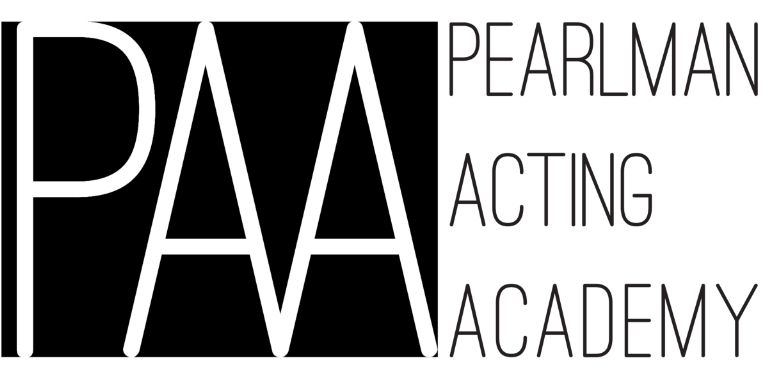Choosing to engage in a relationship with an acting class/coach is like dating. You’re entering into a potentially long-term relationship that must be mutually beneficial, healthy, and free of mental and emotional abuse. The No. 1 factor when considering joining is the results of the work: launched careers, booked roles, awards, nominations, etc.
The following are basic assessments I encourage all actors to employ when selecting an acting class.
Red Flag #1: Classes are jam-packed.
In addition to the teacher not knowing your name, you will be lost in a sea of students, forced to work with a scene partner, and may only get up to work once every four weeks...if you’re lucky! I describe my classes as “private coaching in a class setting.” Because our classes are small, our actors get up and work every single week on a new major film, TV, or theater piece until they have an undeniable acting breakthrough and transformation, or else they don’t sit down.
Red Flag #2: You’re forced to work with a scene partner.
When actors are required to partner up, it means the teachers can pack the class like sardines. What sucks about this imposed dynamic is the inevitability that your partner doesn’t take it seriously, flakes on rehearsal, or a host of other horror stories so many actors have to tell. Why should you be shit out of luck just because your partner wasn’t prepared?
Red Flag #3: Teachers who hate actors.
Unfortunately, I see many actors who arrive at my studio very damaged. They have been completely flattened by an abusive teacher/studio. At times I feel like I’m scooping them off the ground with a spatula and rehabilitating them.
How to spot abuse: teachers who bully or condescend to the students; teachers who allow students to directly critique others actors (all comments from students should be directed to the teacher only, as actors should never critique their fellow actors, both on-set and off).
This is a no-win situation for you as an actor. The biggest problem with these types of teachers is that there are ulterior motives at stake, which poison the well. Thus, all craft development gets cast aside and the entire class experience revolves around pleasing the teacher. This is a major red flag. Being a part of any acting class where the primary goal is to please the teacher is like signing up for stunted development. Some teachers truly love teaching and can’t help but inspire their students with their own energy and passion. Not every acting coach feels that way and this is an appraisal you need to make before you sign on board.
Teachers and coaches should be pushing their students forward with respect and helping them succeed along their career path.
Red Flag #4: No results in sight.
All the truly great directors, producers, writers, and casting directors I’ve worked with believe this: We’re all in the same boat! Never walk into a class situation with your tail tucked between your legs. Don’t be afraid to ask for results. It’s your right and responsibility.
The teacher must be able to handle being put on the spot with grace. Raise your hand and inquire what sort of booking his/her students have acquired of late, or in the last year. Any reputable teacher should be able to handle this question with aplomb and with hard numbers. Acting class is about creating tangible results. Defensive or vague answers should give you a glimpse into this person’s soul. No reputable teacher should feel good about taking hard-earned money from actors unless he/she knew they were getting the best artillery they need to fight forward in their careers.
Red Flag #5: Your work doesn’t transcend the acting class.
Are you advancing your craft every week?Your teacher should be able to guide you to a breakthrough on a new piece of material every class, before you walk out the door.
Are you working on stale/dead material that was handed to you? You should be working on something current and fun every class—something you actually need to work on outside of the classroom: an upcoming or currently casting audition, booked role, past audition, etc.
If the work you do in class is only meant for the bubble of the acting class, and isn’t directly related to your career outside of class, then give yourself permission to politely walk away.
Our students experience an undeniable acting breakthrough and transformation every class.With eight clients landing series lead roles this year as a direct result of our work together, we believe classes and results must go hand in hand.
This article was originally posted on Backstage






